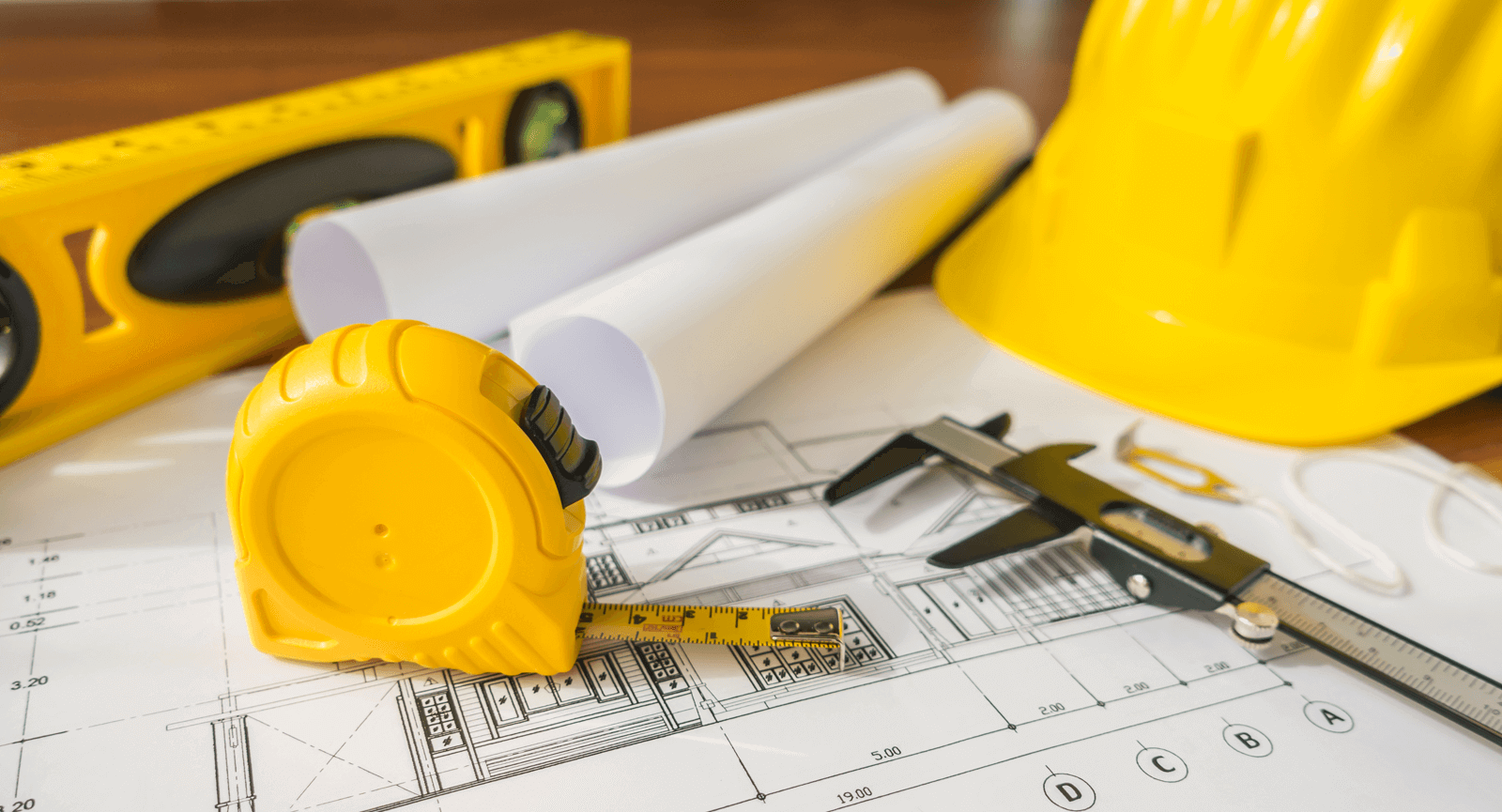Artificial Intelligence (AI) has rapidly become a transformative force across various sectors, and the construction industry is no exception. From project planning to execution and maintenance, AI technologies are revolutionizing traditional construction practices, driving efficiency, safety, and sustainability. In this article, we’ll explore the intersection of AI and construction, highlighting the innovative applications and the potential impact on the industry.
AI-powered predictive analytics are enabling construction companies to optimize project planning and scheduling. By analyzing historical data, weather patterns, and other relevant factors, AI algorithms can forecast project timelines, identify potential bottlenecks, and allocate resources more effectively. This proactive approach minimizes delays, reduces costs, and improves overall project outcomes.

The integration of AI into construction equipment is reshaping on-site operations, enhancing productivity, and safety. Autonomous vehicles, drones, and robotic systems equipped with AI algorithms can perform repetitive tasks with precision and efficiency, reducing the need for manual labor and minimizing the risk of accidents. From site surveying to material handling, autonomous construction equipment is revolutionizing the way projects are executed.


hello